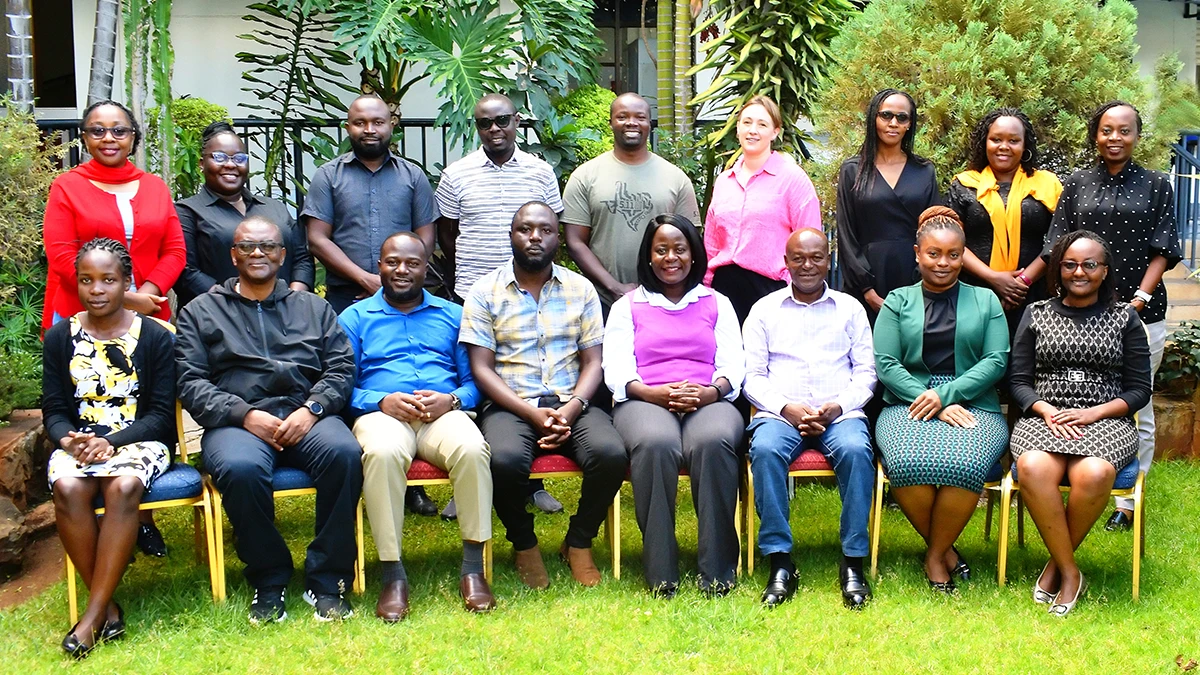
Cooperatives in Kenya play a pivotal role in driving socio-economic development, fostering financial inclusion, and promoting community growth. However, the successful functioning of these cooperatives is contingent upon a supportive policy and legislative framework. Public participation, a vital element in shaping policies at the county level, has faced challenges in Kenya, including establishing robust legal frameworks and securing adequate funding for cooperatives.
On the 25th and 26th of September 2023, Strathmore University Business School in partnership with Global Communities and the Kenya Council of Governors hosted the Cooperative Policy Making Process Learning Event. The event, themed: From Policy to Action, brought together key stakeholders from government, industry, academia and development partners to discuss the issues impeding the growth of cooperatives in Kenya. Some of the key topics discussed included policy legislation drafting, public participation, and the operationalization of county cooperative policies.
Speaking during one of the panel sessions, James Mwasi- Kilifi Assistant Director of Cooperatives highlighted the importance of cooperative policy development within the county governments and more so, the critical role that public participation plays in the policy-making process.
Public participation in the context of the cooperative’s policy-making process refers to the active involvement of cooperative members in shaping and developing policies and regulations that affect cooperatives. It’s a democratic and inclusive approach that recognizes the importance of the collective voice in decision-making.
Why is Public Participation Important in the Cooperative Policy Making Process?
Local Ownership and Relevance
Cooperatives are community-based organizations, and their policies should reflect the needs and aspirations of the local population. Public participation ensures that cooperative policies are tailored to the specific conditions and requirements of the communities they serve.
Inclusivity and Accountability
Public participation ensures that cooperative policies are developed transparently and that the process is inclusive, incorporating the perspectives and concerns of various stakeholders. This leads to greater accountability in the implementation of these policies.
Improved Implementation
Policies crafted with the input of the affected communities are more likely to be effectively implemented, as they address real-world challenges and opportunities.
County governments need to engage with cooperatives and their members to draft context-specific policies that are responsive to local needs.
How can Public Participation be Carried Out?
Consultative Forums
By establishing consultative forums and advisory committees, cooperative members and stakeholders can actively participate in the policy formulation process.
Public Hearings
Public hearings are a valuable tool for county governments to engage with cooperative members and the wider community on proposed policies and regulations, ensuring that their input is taken during the policy-making process.
Feedback Mechanisms
County governments need to create mechanisms for receiving continuous feedback from cooperatives to make necessary adjustments to policies and regulations as circumstances change. Feedback mechanisms promote active engagement and participation from cooperative members which fosters a sense of ownership. These mechanisms may include community meetings, comment and suggestion boxes, surveys and questionnaires, online portals, websites, social media and online forums.
The Cooperative Sector in Kenya is not merely an economic entity but a driving force for development. Public participation is the bridge that ensures that cooperative policies are not just relevant but are owned by the community they serve.
Article by Vanessa Saronge
Share This Story, Choose Your Platform!
Your journey to business excellence starts here. Subscribe today and be at the forefront of innovation and leadership.








